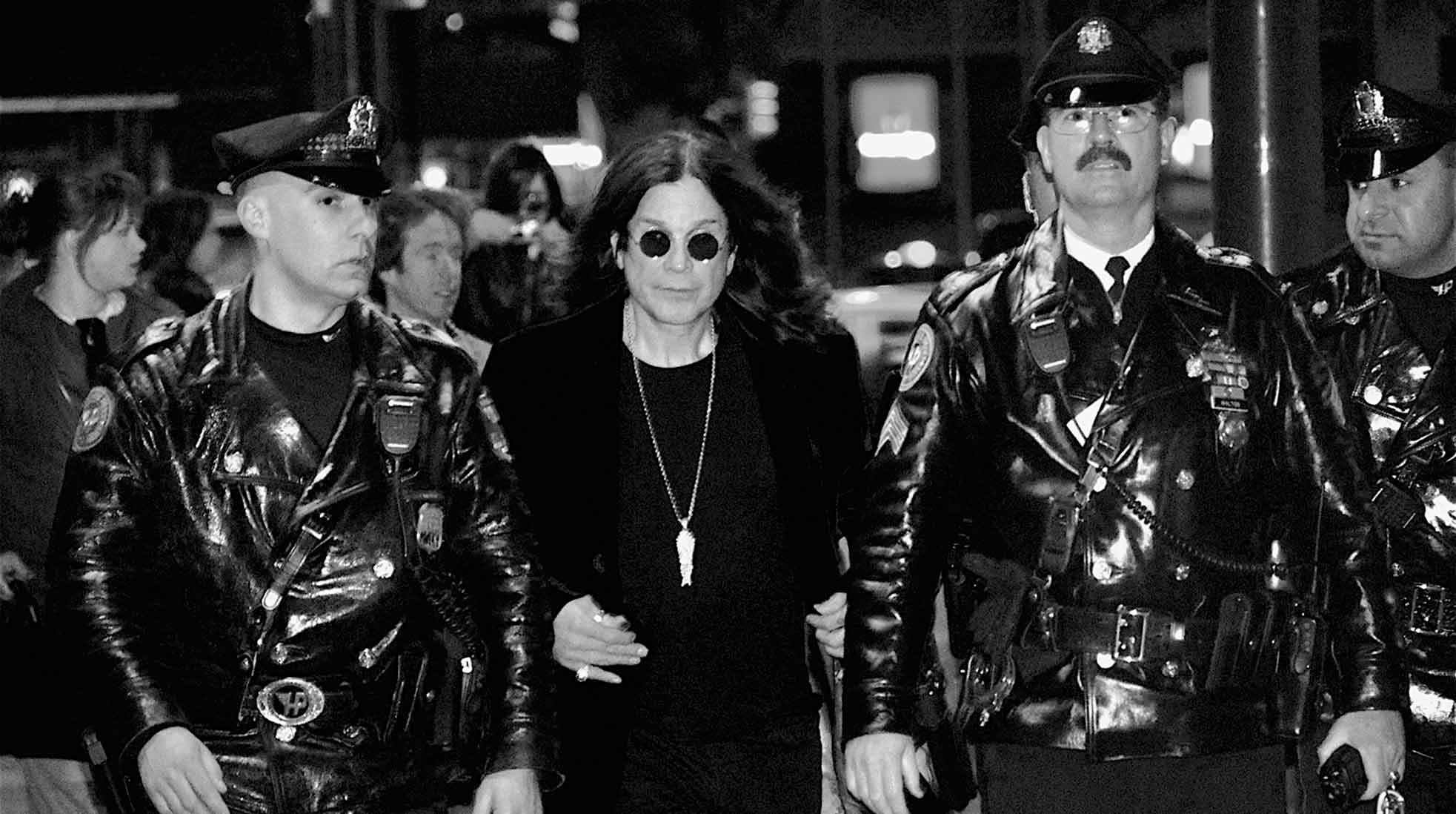Visa denna sida på svenska på Film.nu
Walter Ulbrich was a German film producer primarily known for writing and/or producing 10 of 16 four-part adventure mini-series made for West German TV in the 1960s and 1970s. Mostly based on classics of world literature such as Robinson Crusoe or The Sea Wolf, these West German/French co-productions traditionally premiered on West German public-service television in December and are therefore also known as Weihnachtsvierteiler. The series have been dubbed into a variety of languages and also became popular outside Germany, especially in France, the UK, and Canada
Content from Wikipedia provided under the terms of the Creative Commons (CC BY-SA 3.0).
Copyright Notice: All images on this page are provided via the YouTube API unless otherwise stated. These images are hosted on YouTube's servers, and only embedded on this website. For claims of copyright infringement, please contact YouTube. Instructions how to submit a copyright removal request are provided here.
Lists & News
 Movie Villains: They're Just Like Us
Movie Villains: They're Just Like Us Movie + Snacks: A Great Recipe For Gaining Weight
Movie + Snacks: A Great Recipe For Gaining Weight Stand-Up: 22 Funny Actors Doing Comedy On YouTube
Stand-Up: 22 Funny Actors Doing Comedy On YouTube 93rd Academy Awards: The nominations are here!
93rd Academy Awards: The nominations are here! Cannes 2021?: The world's premier film festival aiming for July
Cannes 2021?: The world's premier film festival aiming for July U.S. Election Day 2020: 15 Political Comedies To Stream Before You Vote
U.S. Election Day 2020: 15 Political Comedies To Stream Before You Vote
Is this page about you? The information we have obtained is in whole or in part from The Movie Database (TMDb). You may request that we remove all personal information we have stored about you by sending us an email and include the URL of this page. Explain who you are, so we know you are the person this page is about. To delete your data from TMDb, you must contact them separately.
Walter Ulbrich
Born 1910-06-15 (115 years ago) in Metz.











Your opinion about Walter Ulbrich?